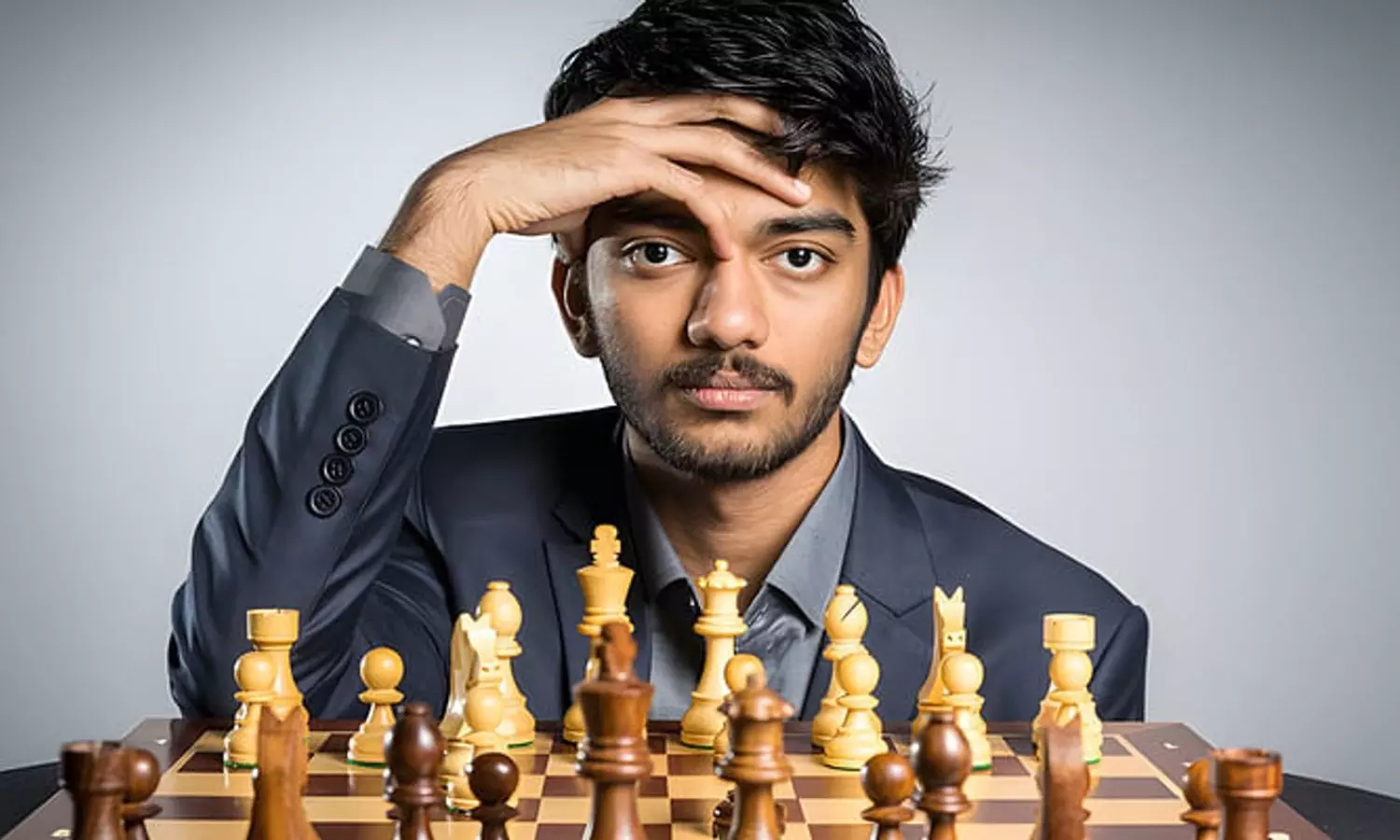Andrei Filatov Accuses Ding Liren of Deliberate Loss to D. Gukesh in World Chess Final

Russian Chess Federation president Andrei Filatov accuses Ding Liren of intentionally losing to D. Gukesh in the World Chess Championship final. The blunder has raised concerns among chess fans and experts.
Russian Chess Federation president Andrei Filatov accused China’s Ding Liren of deliberately losing the World Chess Championship final to India’s D Gukesh.
Ukrainian chess coach Peter Heine Nielsen shared a screenshot from a report by Russian news agency TASS, where Filatov called for FIDE to investigate the final.
Filatov expressed concern over Ding’s blunder in the 14th game, which allowed Gukesh to win. He said that Ding's mistake caused "bewilderment among professionals and chess fans." He added that Ding’s actions were "extremely suspicious" and needed further investigation. Filatov noted that it was difficult for even top-level players to lose in the position Ding was in. He suggested that the defeat looked deliberate.
The critical move happened in the final stages of the 14th game, which was heading toward a draw. Ding, under time pressure, made a mistake while trying to force a draw with his king and rooks. This error allowed Gukesh to simplify the position and gain an advantage, leading to his victory. Gukesh became the youngest-ever World Chess Champion at 18.
Filatov was not the only one disappointed by Ding’s blunder. Former World Chess Champion Vladimir Kramnik also criticized the final. He called Ding’s critical blunder "childish" and expressed frustration with the quality of the game. On social media, Kramnik wrote, “No comment. Sad. End of chess as we know it.” He also tweeted, "Never before has a World Championship title been decided by such a childish one-move blunder." Kramnik had previously criticized the level of play after Game 6, calling it "weak" and saying that both players played disappointing moves.















